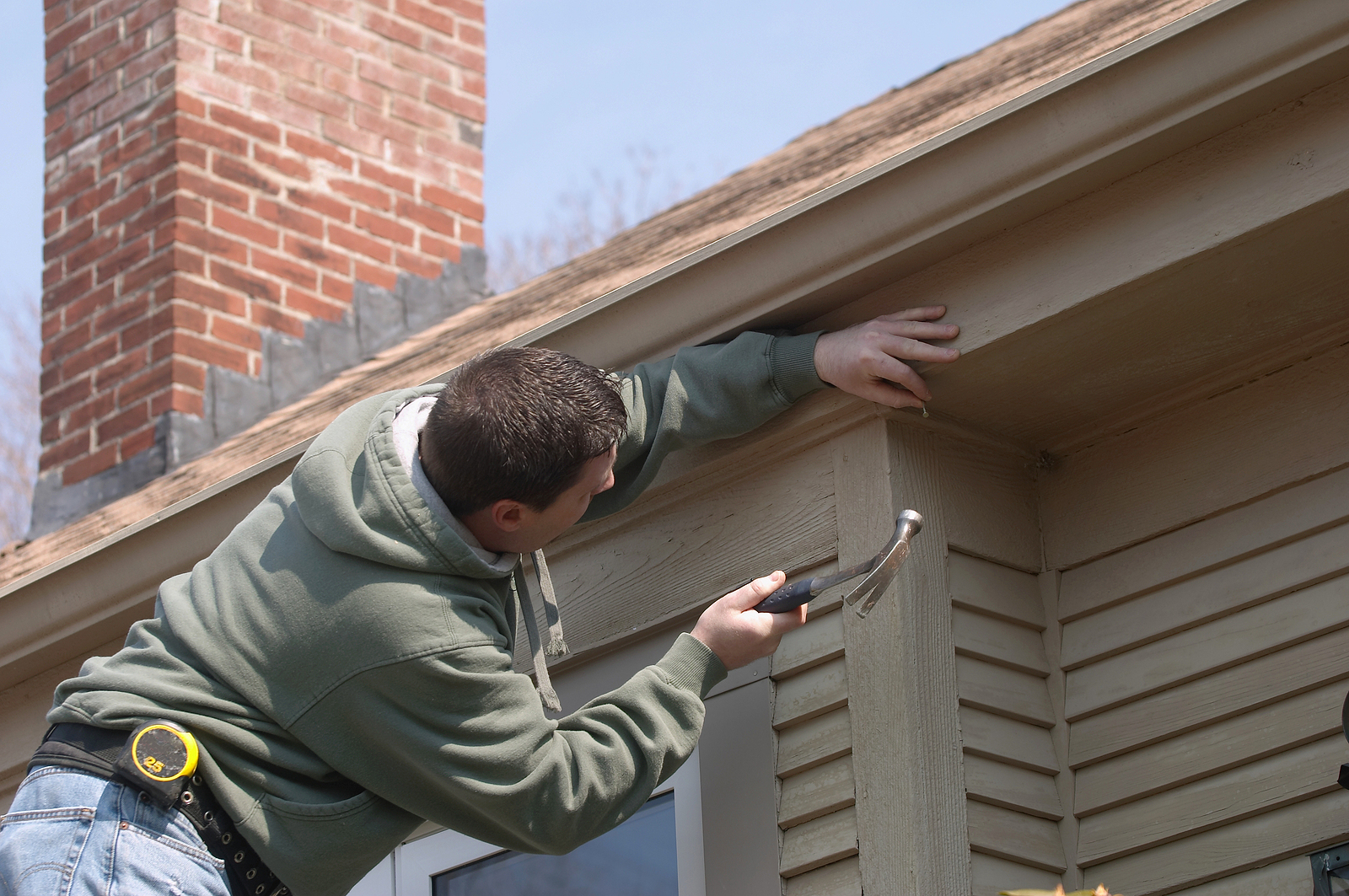Twenty-five percent of May 2021 homebuyers waived the home inspection in their efforts to win a bidding war, according to research from the National Association of REALTORS®.
It’s a dangerous tactic and one we don’t recommend.
Yes, the results of a home inspection can derail the entire deal. At best, especially if the problems are significant and the buyers are still willing, it can significantly slow down the transaction while negotiations reopen and work gets done.
But waiving your right to an inspection isn’t wise.
Which repairs are mandatory?
Various states require certain fixes before the sale is consummated. California, for instance, requires that the water heater be strapped to the wall (earthquake safety regulations).
In Nebraska, the home must have “… working smoke detectors and carbon monoxide detectors at the time of sale,” Matt Steinhausen, a longtime professional home inspector in Lincoln, Nebraska tells Valerie Kalfrin at homelight.com.
As a whole, there are no federal laws mandating certain repairs in a home sale. This is why many homes are sold in as-is condition. If the problems are serious enough, these homes may only attract cash buyers, typically investors.
And, there’s a reason for this.
Lenders generally won’t lend money to purchase a home with certain problems. Many insurers want their say in the matter as well.
Home inspections that reveal safety and health issues, violations of local building codes or structural problems may not qualify for a mortgage.
The Veteran’s Administration, for instance, requires that the home adheres to its Minimum Property Requirements (MPR). You can find a list of them at benefits.va.gov.
Buyers using an FHA-backed loan may run up against some problems as well because FHA expects the property that they lend money on to adhere to its requirements. These requirements include that the home must offer:
- Adequate entry and exits (for example, windows) from the bedrooms to the home’s exterior.
- Non-leaking roof. A roof that isn’t worn.
- No structural problems.
- No peeling paint if the home was built before 1978.
- No “Defective exterior paint surfaces in homes constructed post-1978 where the finish is otherwise unprotected.”
These represent a few examples. For a more in-depth look at FHA requirements, visit HUD.gov.
Which repairs should I request?
After the lender and the insurance company have their say on which repairs they require, there may be other issues that make you uncomfortable. Anything that will impact your health should be at the top of the list of repair requests, along with any structural issues.
Check the home inspection report for anything that indicates:
- Electrical hazards
- Mold
- Problems with the heating/cooling system
- Wood-destroying pest infestations
- Plumbing issues
- Water damage
Any of these problems aren’t necessarily deal breakers. Approach all repair requests in a spirit of respect and good faith and be willing to work with the seller on getting them resolved.
Cosmetic repairs, by the way, are rarely entertained.
Repairs aren’t guaranteed
The current housing market strongly favors the home seller. The demand for homes is so high, in fact, that buyers are not only not in the driver’s seat or even riding shotgun; they’re hitchhiking.
Sellers tend to decide what they will fix and what is open for negotiation with the buyer. In any of the common multiple-offer situations, it’s almost a take-it-or-leave-it scenario. There’s always another buyer right behind you.
In the current market, it’s important to “weigh the risk of playing hardball,” cautions Kalfrin, and we agree.
Weigh it against your desire for the home and your budget.
It’s crucial that you work closely with your real estate agent when faced with a repair request. We deal with these requests daily and can help you through the process.






